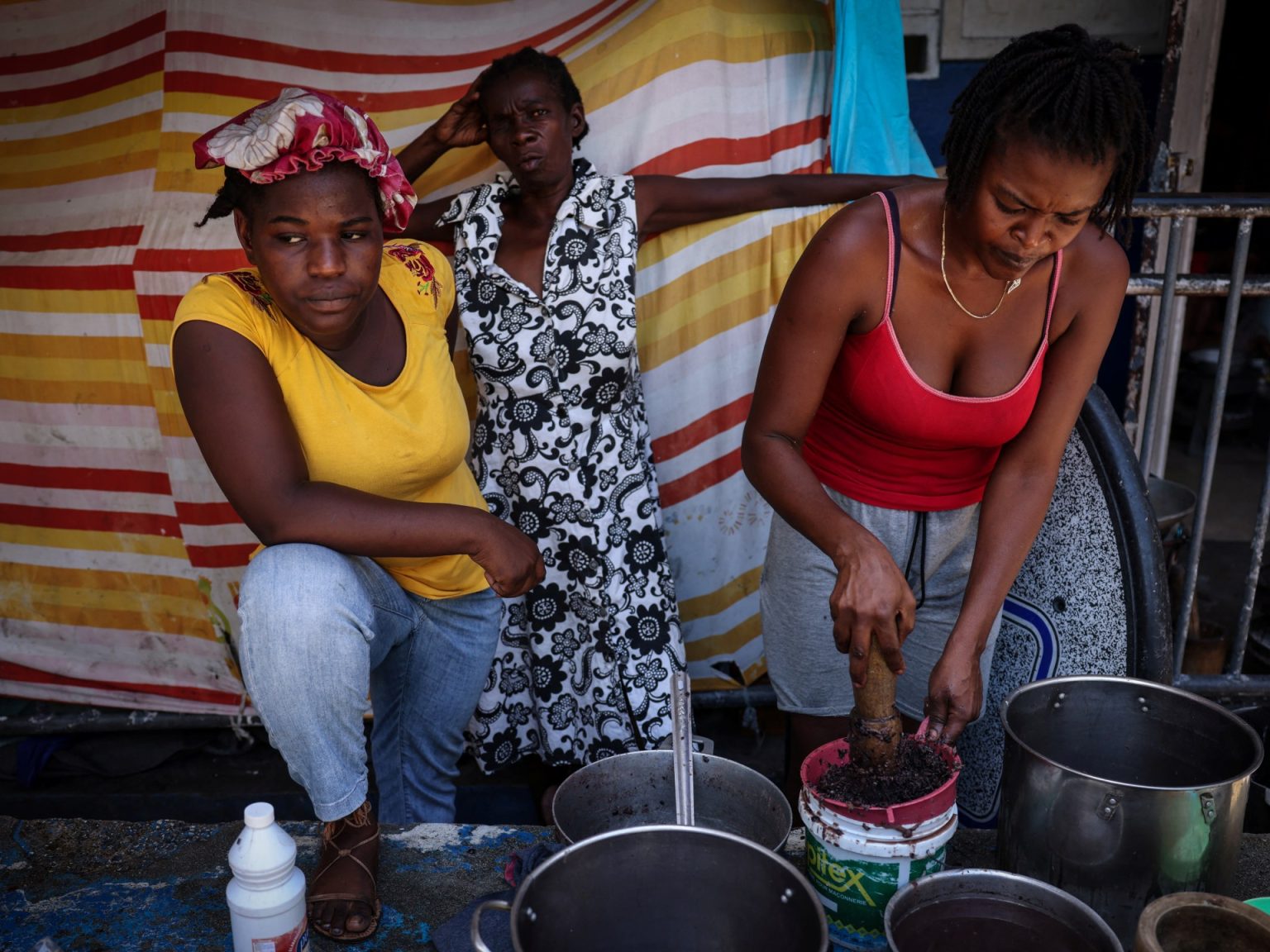A recent report from the Integrated Food Security Phase Classification (IPC) revealed that 5.41 million people in Haiti are currently facing high levels of acute food insecurity. This crisis has been exacerbated by ongoing armed gang violence in the country, with almost half of the population experiencing acute food shortages. The report also highlighted that 6,000 people are experiencing catastrophic levels of hunger, indicating the severity of the situation. The violence caused by powerful armed groups, often tied to political and business leaders, has disrupted daily life in Haiti and forced many people to flee their homes.
Despite international efforts to address the crisis and the installation of a new government, the rule of law in Haiti remains scarce and violence persists. Tragically, at least 3,661 people have been killed in the country in the first half of the year due to gang violence. This ongoing violence in Port-au-Prince and surrounding areas is exacerbating the difficulties in supplying basic foodstuffs to the regions, limiting households’ access to food. As a result, food consumption now accounts for up to 70 percent of household expenses, highlighting the impact of inflation as another contributing factor to the crisis.
The IPC report also noted the lingering effects of past climate shocks, such as Hurricane Matthew in 2016 and the 2021 earthquake, which continue to worsen the hunger crisis in Haiti. Gangs now control approximately 80 percent of Port-au-Prince and key roads leading to other parts of the country, disrupting the delivery of goods and humanitarian aid. Over the past few years, gang activity has left over 700,000 people homeless. While a UN-backed mission from Kenya has managed to liberate some communities from gang control, significant challenges remain in addressing the crisis.
Looking ahead, the IPC warned that the situation is not expected to improve in the projected period from March to June 2025, as humanitarian food assistance is not expected to meet the needs of the population. The report highlighted that violence increased sharply in the third quarter of 2024 after relative stability in the second quarter, affecting the supply chain and intensifying population displacement. Despite efforts to address the crisis, the humanitarian situation in Haiti remains dire, with a significant portion of the population facing acute food shortages and hunger due to ongoing armed gang violence and other contributing factors.


